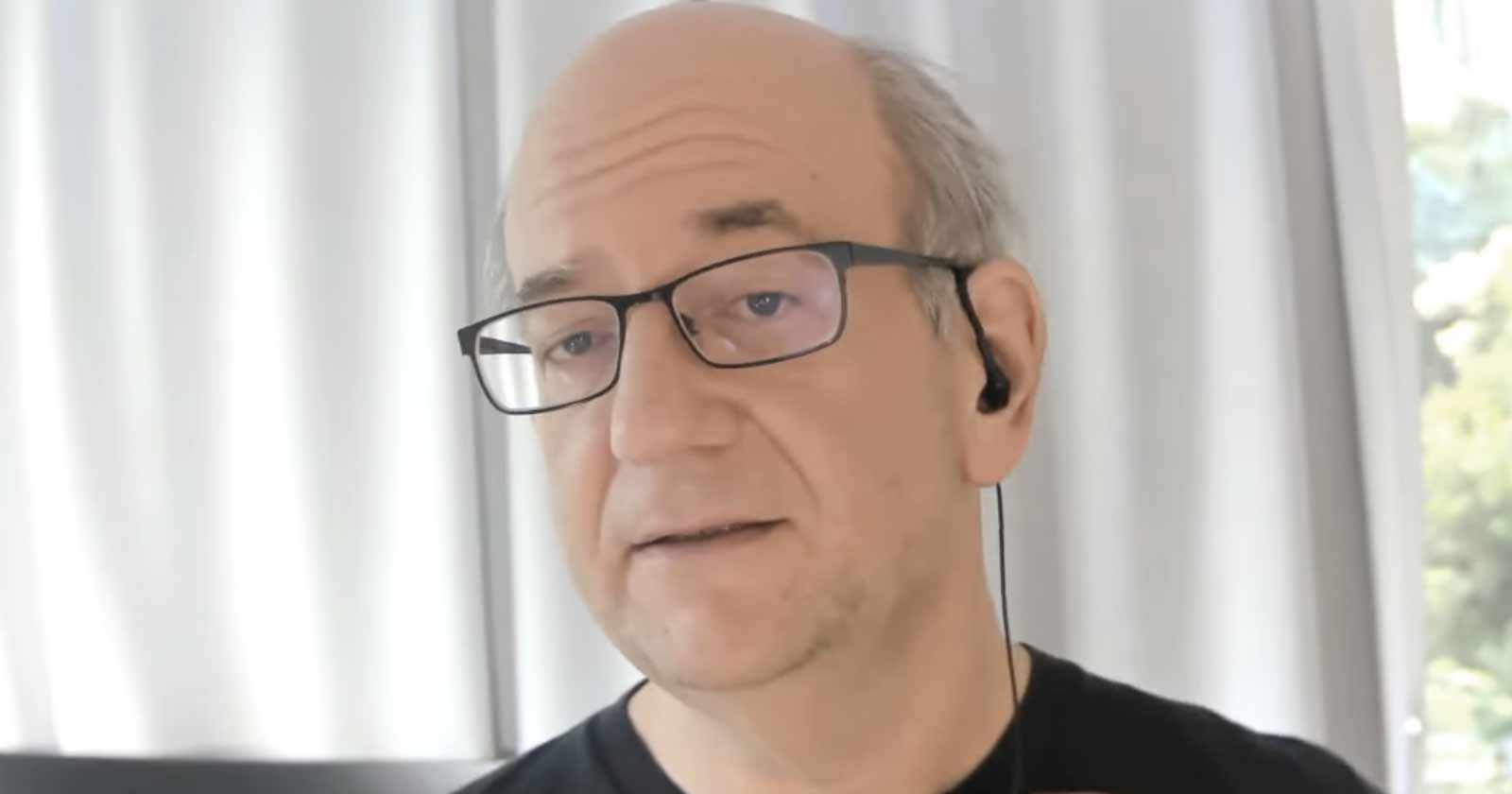
Google’s John Mueller offered advice on how a new site should approach ranking for head term keywords.
The question was from a publisher who was unhappy with what was perceived as a poor quality web page. Mueller explained why that particular search result appears that way.
Head Term Keyword Phrases
Head Terms are search phrases with a lot of search volume.
Long tail phrases are search queries that have a small amount of search volume.
It’s not about how many words are in the search query. It’s all about the search volume.
Something that Mueller notes about head terms is that they their meanings tend to be vague.
Ranking for One-word Search Queries
The person asking the question was concerned about the search results for a single-word search phrase in which the top ranked site was perceived as being low quality.
That person asked why their higher quality page didn’t rank above what they felt was a low quality web page.
This is the question:
“I do a query on Google and the results are not good.
The first result only has one video and thousands of comments. Why does that one site rank?
…Not only me, other results that are also greater still below that result.
I look up the website and I found there are a lot of authoritative in their niche… and the query was programming.”
Google’s Mueller Discussing Ranking for Head Terms
Google’s John Mueller discussing ranking for head terms
Ambiguous Search Queries
Mueller first noted that the search query the person asking the question about was ambiguous. And that’s problematic because the intent for a single-word search query could be so many things for some search phrases.
John Mueller’s answer:
“So I think, first of all, a query like “programming” is so ambiguous that there is no absolute right or wrong when it comes to ranking something there.
So that’s something where I would assume that the results that you see there are going to be kind of mixed and it’s going to be hard to just say, I’m going to create a piece of content on the topic of “programming” and Google will rank it number one.”
Mueller Recommends Targeting Less Ambiguous Keywords
Mueller suggests that the publisher should focus on keywords that have less competition rather than focusing on all the high-volume phrases.
John continued his answer:
“My recommendation here is, especially
if you’re starting out, don’t focus on queries like “programming.”Instead, focus on something that is really strong, something that you can do really well, and something that doesn’t have as much competition or doesn’t have as much other content out there already.
…So that you can kind of build up some experience over time and understand how things work, understand how users actually react to your content, understand which kind of content works well for search, which kind of content works well for users.
And over time, keep building that up and that can result in the end with you focusing on things that are more head terms, …things that are shorter queries that users search for a lot.
But that also gives you a little bit of foundation to build on, where you know that, well I get a lot of questions on this specific aspect of programming and that’s why I have a lot of great content on and that’s where I rank really well.
And then over time maybe it makes sense to expand from there into a more broader topic.
Or maybe you find other topic areas where it’s equally the case that there’s actually not a lot of content out there but there are enough people that are searching for this information that it makes it worth your while to actually create that content and maintain it, keep it running on your website.”
Ranking for Targeted Search Terms
Mueller is right, focusing on targeted keywords where the intent is clear is a good strategy.
In general, less people are searching for one-word search queries, which means that one-word queries are no longer head terms. They are just vague and ambiguous.
For example, the Google Trends tool shows that the search trend for the keyword “programming” is declining. There are 50% less people searching for the word “programming” today than there were five years ago.
One-word and two-word search queries used to have a lot of search inventory. But the way people search has changed, meaning that just because it’s a one-word query that does not mean that it’s a head term that is associated with a lot of traffic.
Google uses query refinement features in order to guide searchers to more accurate search queries, too.
Mueller’s approach can be more satisfying for users and publishers because a searcher is more likely to find what they want on a web page that is about something highly specific.
A more specific search query has in my experience consistently resulted in more sales, more clicks on affiliate links and generally better ad performance.
Citation
Google’s Mueller Discusses Ranking for Head Terms
Watch John Mueller answer the question at the 38:55 minute mark:






